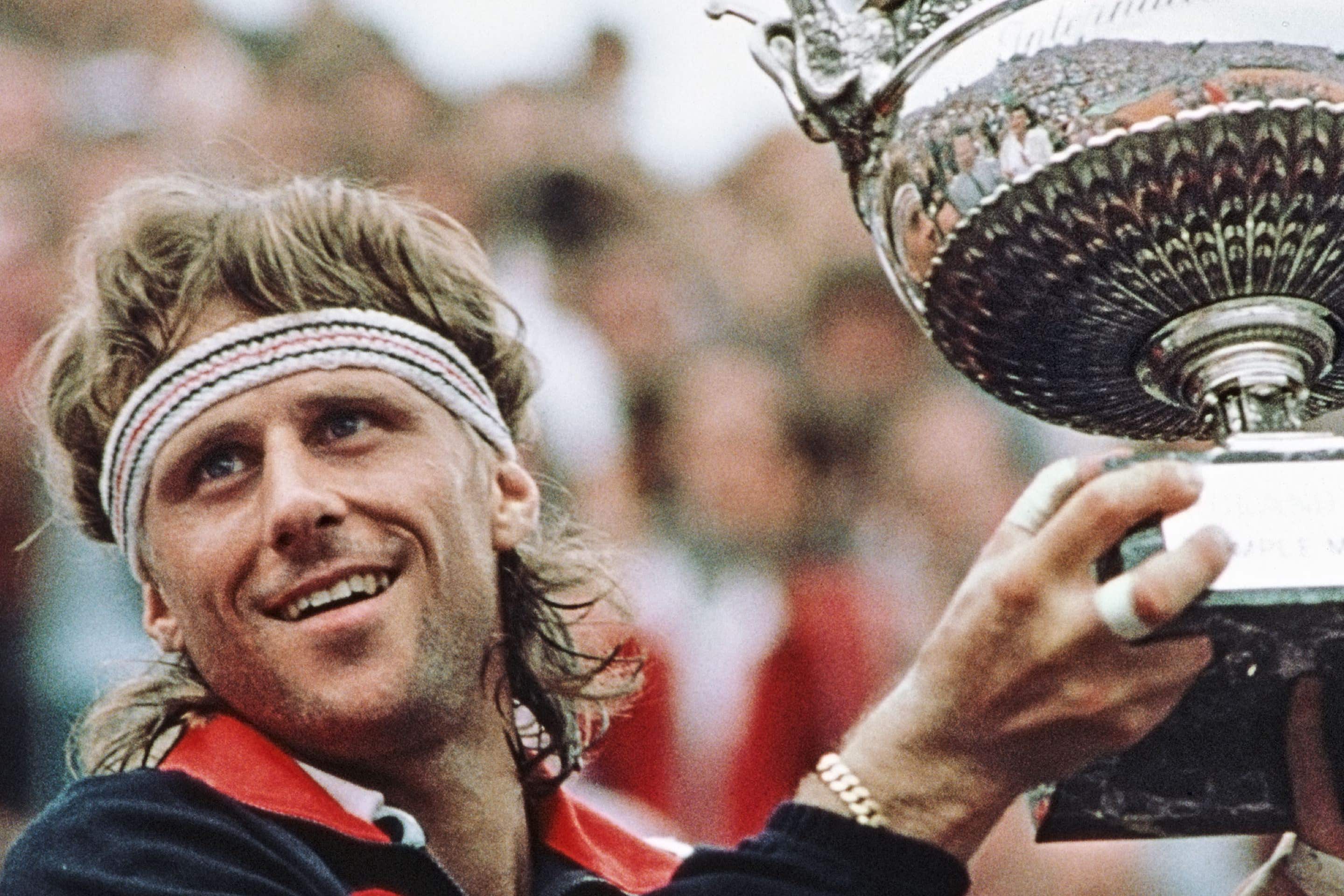French revolution – how Borg and Evert changed tennis landscape 50 years ago
Bjorn Borg and Chris Evert both won their first grand slam titles on the Parisian clay in 1974.

This French Open marks 50 years since two blond teenagers swept the board at Roland Garros and changed tennis forever.
Bjorn Borg and Chris Evert would go on to share 29 grand slam singles titles but June 1974 saw them both lift their first major trophies.
Borg had turned 18 only 10 days previously but his era of stardom had already begun thanks to a run to the Wimbledon quarter-finals the previous year.
Having survived two five-set matches earlier in the tournament, the cool Swede with the headband and flowing locks came from two sets down to defeat Spaniard Manuel Orantes 2-6 6-7 (4) 6-0 6-1 6-1.
At the time, he was the youngest man to win a grand slam singles title.
“My first grand slam victory in 1974 felt like such a significant moment in my career and, on reflection, the start of an amazing journey and time playing at Roland Garros,” said Borg half a century on.
“I truly loved playing tennis on the clay in Paris, it definitely seemed to suit my style of play and brought out the best of my ability.
“It was one of the tournaments that I looked forward to the most and I love returning there now.”
Tennis had turned professional six years earlier but this was the tournament that really heralded a new era in the sport.
Both Borg and Evert – who are Testimonees for the luxury Swiss watchmaker Rolex, the Official Timekeeper of all four grand slam tournaments – played a different brand of tennis to their older rivals.
Boasting double-handed backhands and strong baseline games, they challenged the traditional dominance of the net while bringing a mental relentlessness that caused opponents to crumble.
The playing style they ushered in is now the norm, while the profile they gave the sport catapulted it onto the front and back pages.
Roland Garros would be a key venue for both. Borg went on to win five more times, including four in a row between 1978 and 1981, while Evert lifted the Coupe Suzanne Lenglen seven times in total despite not playing in the French Open between 1976 and 1978.
That was at the height of the American’s dominance on clay – she did not lose a contest on the surface for nearly six years between 1973 and 1979, a run of 125 matches.
Evert had burst to stardom in 1971 by reaching the semi-finals of the US Open aged 16 but had lost her first three slam finals, including from a set and 5-3 up against Margaret Court in Paris the previous year.
She made sure there was no repeat in 1974, breezing past Olga Morozova 6-1 6-2 in the final having not dropped a set all tournament.
“I always wanted to strive for more, to get better and be better,” said Evert, who reached the final in 20 of her next 26 grand slams.
“I wanted to put the hours in on the practice court so that I was able to perform at the highest possible level at any given occasion. I also loved to win. I think there are many aspects that kept me motivated during my career, but this was definitely one of them.
“That winning feeling can’t be recreated and, as an athlete, it’s one of the best feelings there is.”
Bookmark popover
Removed from bookmarks